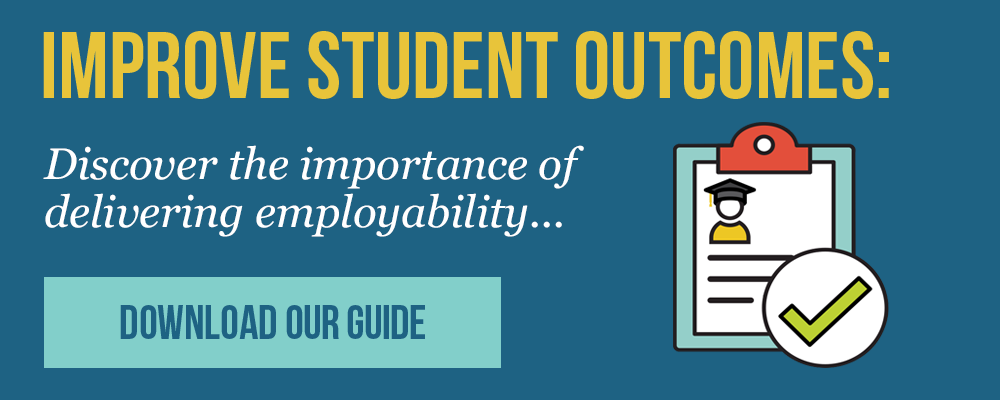
There are few instances when reputation doesn’t play a key role in the success of an organisation or individual, be that in business, the media or education. Reputation impacts how stakeholders perceive an institution, which has significant knock-on effects for how well your university performs and is able to execute talent acquisition (another factor with the ability to enhance reputation). In this blog article, we examine the importance of university reputation and what this implies for your university and its ability to attract talent.
Asia is beginning to outstrip North America and Europe when it comes to reputation
In June, Times Higher Education released their World Reputation Rankings 2017, based on the responses from 10,566 academics across 137 countries (refer to the Times Higher Education website for a detailed breakdown of the ranking methodology). Respondents were asked to list what they deemed to be 15 of the best institutions for research and teaching, and this year many Asian universities overtook North American and European faculties. But why is reputation such an important concern for universities?
Reputation feeds brand value: an important pull factor for talent acquisition
Reputation is the credibility and legitimacy of your institution as perceived by a variety of stakeholders including students, staff, governors, peers, industry and other academic institutions. This is distinct from your university’s brand: what your institution can offer its customers (both students and parents, who influence and pay for education). Reputation impacts brand value and is also partly required as a means of measuring brand value. Because education is a credence good, whereby its value is difficult to determine both before and after consumption, surrogate factors are needed to quantify brand value. These include, but aren’t limited to; the modernity of facilities, extra-curricular activities offered, quality of incoming students, breadth of core curricula and rankings (an indicator of reputation).
Understand the metrics that underpin reputational rankings to improve your university’s reputation
However, there is a downfall associated with using rankings exclusively as a barometer for institutional reputation. The metrics used for many university rankings such as Times Higher Education and the Complete University Guide, don’t take into account the differing focus and objectives of universities that make these institutions so different from each other. Judging a central, state or private university, for example, by the same metrics will necessarily lead to one of the college types appearing less favourably than another. The key is to understand the metrics involved in the rankings that underpin reputation so that your university can focus on improving those areas. In the case of the Times Higher Education reputation rankings, this would be teaching and research.
We mention the importance of nurturing research capabilities in a previous blog about how to improve your university’s league table rankings. Improving the overall quality of research will be the long term aim, as well as growing your institution’s research capacity through hiring more capable research staff. Another approach is to encourage undergraduate students to pursue post-graduate degrees and careers in research.
A strong reputation helps attract the talent that will go on to further improve institutional reputation
Upholding university reputation is a non-negotiable part of remaining competitive and relevant in the ever more crowded education industry. Not only does it enhance an institution’s position in world university rankings, but facilitates talent acquisition. Talent acquisition also involves demonstrating to prospective students that your university is committed to bettering its students’ career prospects after they graduate. This further improves reputation, as talented students are more likely to add value to the research capabilities of your university.
Offering a career development programme alongside the core curriculum is one way to demonstrate this commitment to graduate job outcomes. Curriculo’s Industry Engagement Programme (IEP) has been designed so that students can develop the skills they need to become strong job candidates and begin fulfilling careers. Download the guide for more information about how to improve student employability.


